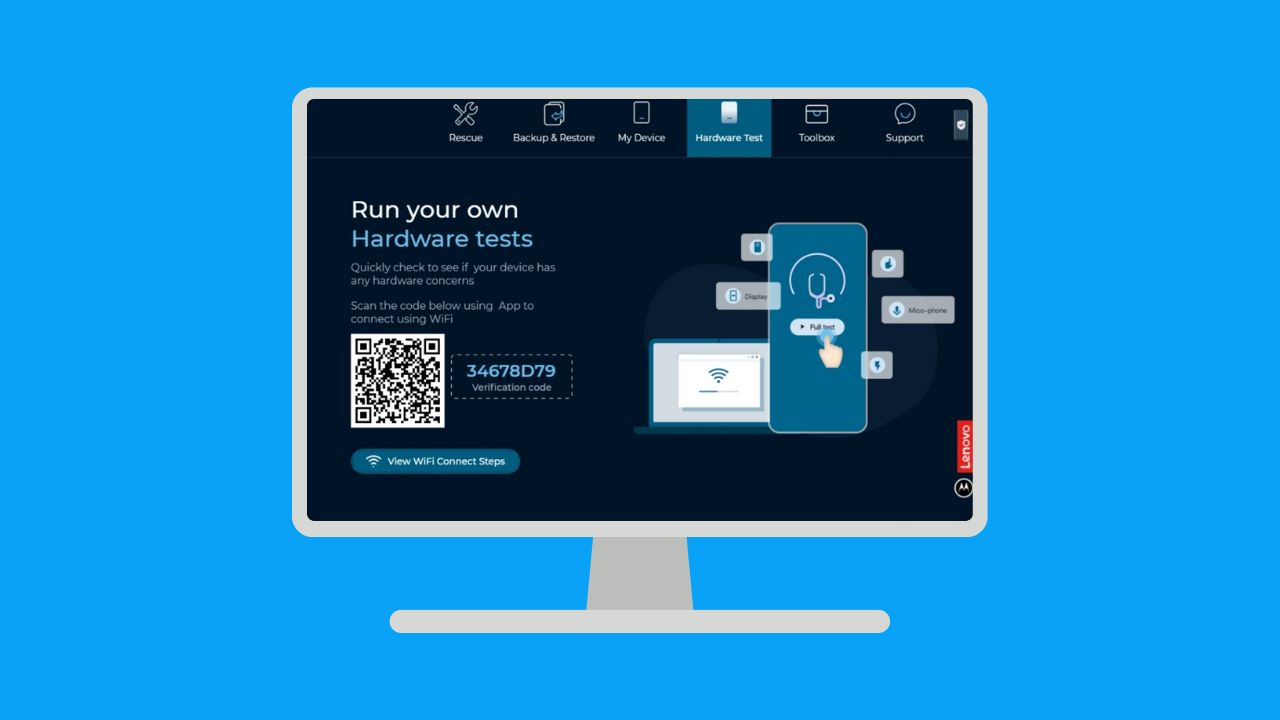What is Antivirus Software?
Antivirus software is a critical tool in today’s digital age, designed to protect computers, smartphones, and other devices from malicious software, commonly referred to as malware. Malware can take many forms, such as viruses, ransomware, spyware, and Trojans, all of which can harm devices and compromise data. software detects, prevents, and removes these threats, ensuring that users’ data and personal information remain secure.
With the constant evolution of digital threats, software has also advanced to include tools for phishing protection, safe browsing, and even identity theft prevention. In 2024, software is not only an option but a necessity for both personal and business use.

Why is Antivirus Software Important?
- Protection Against Malware: One of the primary reasons for installing software is to protect against malware. Malware is designed to exploit system vulnerabilities and can cause significant harm by corrupting data, compromising user privacy, and even taking control of the device.
- Defending Personal Information: Cybercriminals often target personal information, such as login credentials, banking details, and social security numbers. software helps prevent unauthorized access to this data, protecting users from potential identity theft or financial fraud.
- Blocking Phishing Attacks: Phishing attacks trick users into revealing sensitive information by pretending to be trustworthy entities. Many antivirus programs now offer phishing protection, which blocks harmful emails and websites, helping users avoid these common scams.
- Enhancing System Performance: Modern antivirus software not only protects devices but also includes optimization tools. These tools can improve system performance by removing temporary files, managing startup processes, and offering real-time protection without affecting device speed.
- Compliance with Security Standards: For businesses, antivirus software is often necessary to comply with industry regulations regarding data security and privacy. By ensuring proper security measures are in place, companies can avoid potential legal issues and maintain customer trust.
Types of Antivirus Software
There are various types of antivirus software available, each designed to serve specific needs and preferences. Understanding these options can help individuals and businesses choose the right solution:
- Standalone Antivirus: This basic type focuses on detecting and removing malware. Standalone antivirus is suitable for users who need straightforward protection without additional features.
- Internet Security Suites: These packages include protection along with other tools, such as firewall protection, parental controls, and phishing protection. Internet security suites are ideal for families or businesses needing comprehensive security.
- Endpoint Security: Designed for businesses, endpoint security provides centralized control over multiple devices. This type of antivirus software protects individual devices (endpoints) connected to a network, ensuring that the entire organization’s network is secure.
- Cloud-Based Antivirus: Cloud-based solutions use the cloud to analyze data, making them lightweight and efficient. They require minimal storage on the device itself and are suitable for users seeking a less intrusive security solution.
- Free vs. Paid Antivirus: While there are free options, paid antivirus software generally offers more advanced features, better protection, and customer support. Free versions can be sufficient for basic protection, but users with sensitive information may benefit from a paid solution.
How to Choose the Right Antivirus Software
Choosing the right antivirus software in 2024 involves assessing individual needs, budget, and desired features. Here are some key factors to consider:
- Detection and Removal Capabilities: The primary function of any antivirus software is to detect and remove malware effectively. Look for a solution with high detection rates and a history of reliable performance.
- Real-Time Protection: Many antivirus solutions offer real-time protection, scanning files and websites as they are accessed. This feature is essential for identifying threats before they can cause harm.
- Ease of Use: An intuitive interface is important for both beginners and advanced users. Choose software with straightforward navigation, clear alerts, and easy-to-follow instructions.
- Impact on System Performance: software should provide strong protection without slowing down the device. Check reviews or try a free trial to ensure the software is lightweight and won’t affect overall system speed.
- Compatibility: Ensure that the antivirus software is compatible with your device’s operating system, whether it’s Windows, macOS, Android, or iOS.
- Additional Features: Many antivirus solutions include extra features such as VPN, password management, file encryption, and parental controls. Choose a solution that aligns with your needs and provides value beyond basic protection.
- Customer Support: For paid antivirus solutions, look for customer support options, such as live chat, phone support, or a knowledge base. Good customer service can be crucial in addressing security issues promptly.
Recommended Antivirus Software in 2024
Based on expert reviews and user feedback, here are some recommended antivirus programs for 2024:
- Bitdefender Total Security: Known for its robust malware protection and additional features like a VPN and parental controls, Bitdefender offers a comprehensive solution suitable for personal and business use.
- Norton 360 Deluxe: Norton provides excellent protection against malware, identity theft protection, and safe browsing features. Its VPN and cloud backup make it an ideal choice for users looking for all-in-one security.
- Kaspersky Internet Security: Kaspersky offers effective malware detection, phishing protection, and a secure VPN. It’s a popular choice for those seeking reliable security with minimal impact on performance.
- McAfee Total Protection: McAfee is ideal for families or businesses, as it offers coverage for multiple devices, a VPN, and secure cloud storage. Its user-friendly interface makes it accessible for users of all levels.
- Trend Micro Maximum Security: Trend Micro offers powerful web protection, social media privacy checks, and parental controls. It’s a good option for users focused on online safety.
Future Trends in Antivirus Software
As technology evolves, antivirus software is also expected to advance, incorporating new features and addressing emerging threats. Here are some future trends to watch:
- Artificial Intelligence and Machine Learning: Many companies are using AI and machine learning to predict and detect threats in real time. These technologies allow for faster responses to zero-day threats and adapt to changing malware patterns.
- Integration with IoT Devices: With the rise of the Internet of Things (IoT), software will likely expand to cover smart home devices, protecting them from cyber threats and ensuring user privacy.
- Enhanced Mobile Security: Mobile devices are now common targets for malware. Future antivirus solutions will likely include more comprehensive protection for mobile devices, including app scanning and enhanced phishing protection.
- Cloud-Based Solutions: As cloud computing becomes more widespread, cloud-based antivirus solutions will gain popularity, providing lightweight protection without relying heavily on device resources.
- Focus on Privacy Protection: In response to growing privacy concerns, many antivirus solutions will expand to include features such as secure browsing, VPNs, and data tracking prevention.
Conclusion
Antivirus software is an essential tool in today’s digital world, offering critical protection against malware and other cyber threats. In 2024, with an increasing number of devices and online accounts, software is crucial for safeguarding personal information, preventing data breaches, and ensuring overall digital security. When selecting software, consider factors such as malware detection, system performance, additional features, and compatibility to find the best fit for your needs.
Investing in antivirus software not only provides peace of mind but also helps to maintain trust and reliability in the digital space. By staying informed about the latest advancements and choosing a reputable solution, users can enjoy a safer, more secure online experience.
For further information on solutions, refer to resources like AV-TEST and Virus Bulletin.


